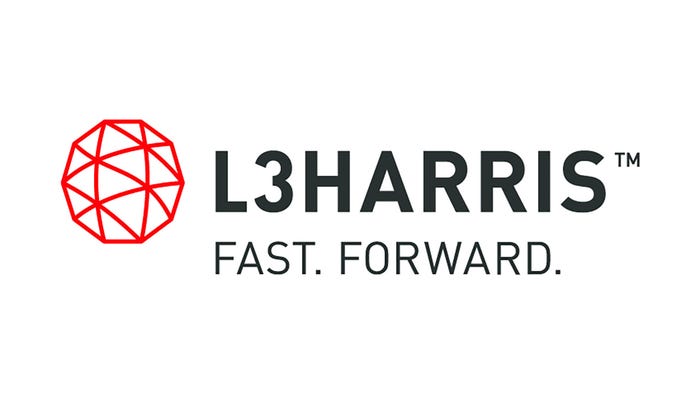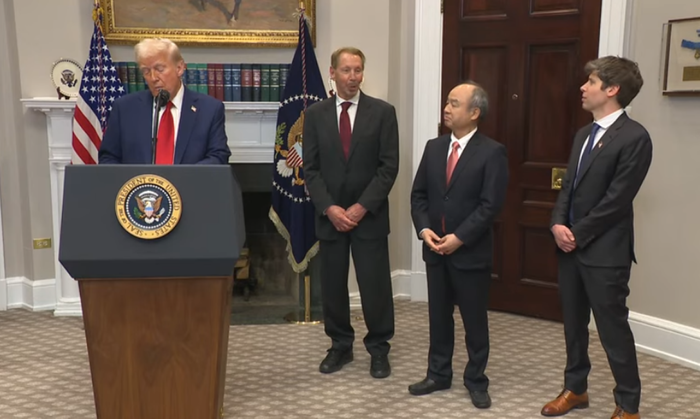FCC set to vote on 988 georouting rules todayFCC set to vote on 988 georouting rules today
FCC commissioners today are scheduled to consider new rules requiring that all U.S. wireless carriers implement georouting of calls to the 988 Suicide and Crisis Lifeline system in an effort to provide assistance and resources close to the caller’s physical location.

FCC commissioners today are scheduled to consider new rules requiring that all U.S. wireless carriers implement georouting of calls to the 988 Suicide and Crisis Lifeline system in an effort to provide assistance and resources close to the caller’s physical location.
FCC commissioners are scheduled to vote on the matter during an open meeting being conducted this morning. Georouting technology is designed to route cellular calls to one of the 200 contact centers that answer 988 calls via approximate location—not precise location, to protect the caller’s privacy—instead via area code, according to an FCC press release on the matter.
Under the draft rules, nationwide wireless carriers would be required to implement georouting 30 days after the effective date of the rule, while smaller regional providers would have 24 months to implement georouting into their systems, according to the FCC press release.
FCC Chairwoman Jessica Rosenworcel said georouting of 988 calls is important, particularly with so many cellular users retaining their phone numbers long after moving outside the original area codes where the device was purchased.
“For so many people, the area code on our phones no longer matches the place where we live,” Rosenworcel said in a prepared statement. “This is a mismatch we should fix. We can save more lives by getting more people who dial the Suicide and Crisis Lifeline connected to resources that are local.”
Lauren Kravetz, Intrado’s vice president of government affairs, said Intrado participated in the FCC’s proof-of-concept effort to determine the viability of georouting for 988 calls by leveraging existing 911 routing technology and infrastructure. Testing conducted in the summer of 2023 demonstrated that such an approach can work, even while protecting the caller’s privacy, she said.
“We like this solution because it met the objectives of the proof of concept … at the time, which was to use existing infrastructure and technology and work within the confines of the network of the current 988 Lifeline administrator,” Kravetz said during an interview with IWCE’s Urgent Communications. “We also like it, because it can evolve with carrier networks.”
In fact, Intrado filed comments in the FCC proceeding that would have encouraged the agency to consider rules associated the leveraging of next-generation 911 (NG911) infrastructure like secure and reliable ESInets, Kravetz said. However, the FCC’s 988 draft order does not address a transition to NG911 platform, which is understandable for the current time, she said.
“It makes absolute sense for the commission to focus right now on using the current Lifeline system as the way to address this urgent need to improve care the quickest way possible,” Kravetz said.
Yesterday, Rosenworcel (pictured above) visited the Sycamores Pacoima Community Based Services in Los Angeles to learn about the organization’s work with the 988 Suicide and Crisis Lifeline. Joining Rosenworcel at the event were Rep. Tony Cardenas (D-Calif.) and U.S. Department of Health and Human Services (HHS) Secretary Xavier Becerra.
“Far too many Americans, especially young people, feel they are alone – that they must deal with their mental health challenges on their own. But help is available through 988,” Becerra said in a prepared statement. “With georouting in place, callers will be connected to 988 crisis support centers close to where they are. That means help when you need it, where you need it.”
Cardenas echoed this sentiment.
“In just two short years, the 988 Suicide and Crisis Lifeline has been an invaluable life-saving service for millions of Americans,” Cardenas said in a prepared statement. “For this reason, we must continue to find effective ways to improve the accessibility and reliability of the lifeline.
“In partnership with FCC, we will enhance the 988 Lifeline with georouting capabilities and require wireless carriers to connect callers with contact centers based on their geographic locations instead of their area code to improve the efficiency of service and save more lives.”
Sycamores CEO Debbie Manners highlighted the importance of georouting in helping centers execute their mission to assist individuals considering suicide or dealing with another type of mental-health crisis.
“For almost two years, Sycamores has been providing mobile crisis response to individuals calling the 988 Suicide & Crisis Lifeline in Los Angeles County, in addition to almost one year in the County of Riverside,” Manners said in a prepared statement. “I cannot stress enough the importance of the FCC’s proposed new rules, requiring all U.S. wireless carriers to implement georouting for calls to 988.
“When someone is experiencing a mental-health crisis and needs in-person support, response time is critically important and can make the difference between life and death. Georouting calls to 988 would help shorten mobile crisis response time, ensuring compassionate professionals can reach someone in crisis quickly to provide the best support and safety outcome necessary,”





_Zoonar_GmbH_Alamy[1].jpg?width=700&auto=webp&quality=80&disable=upscale)